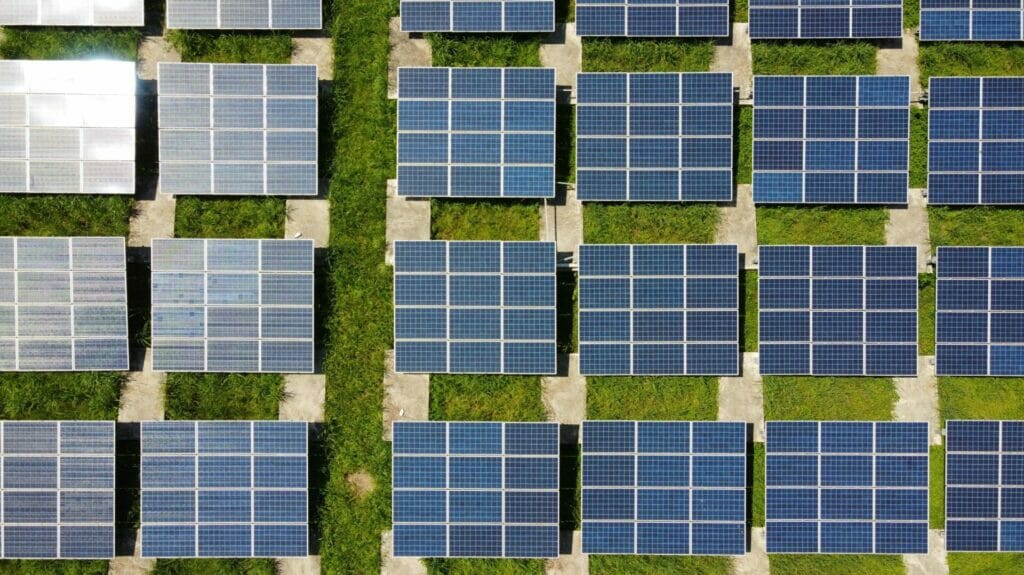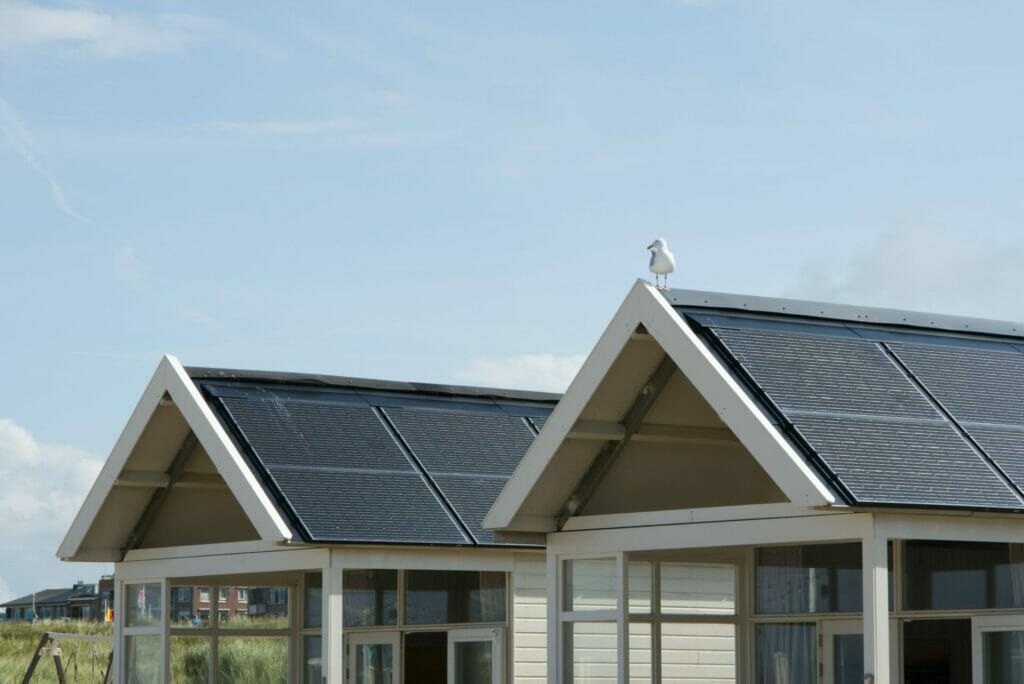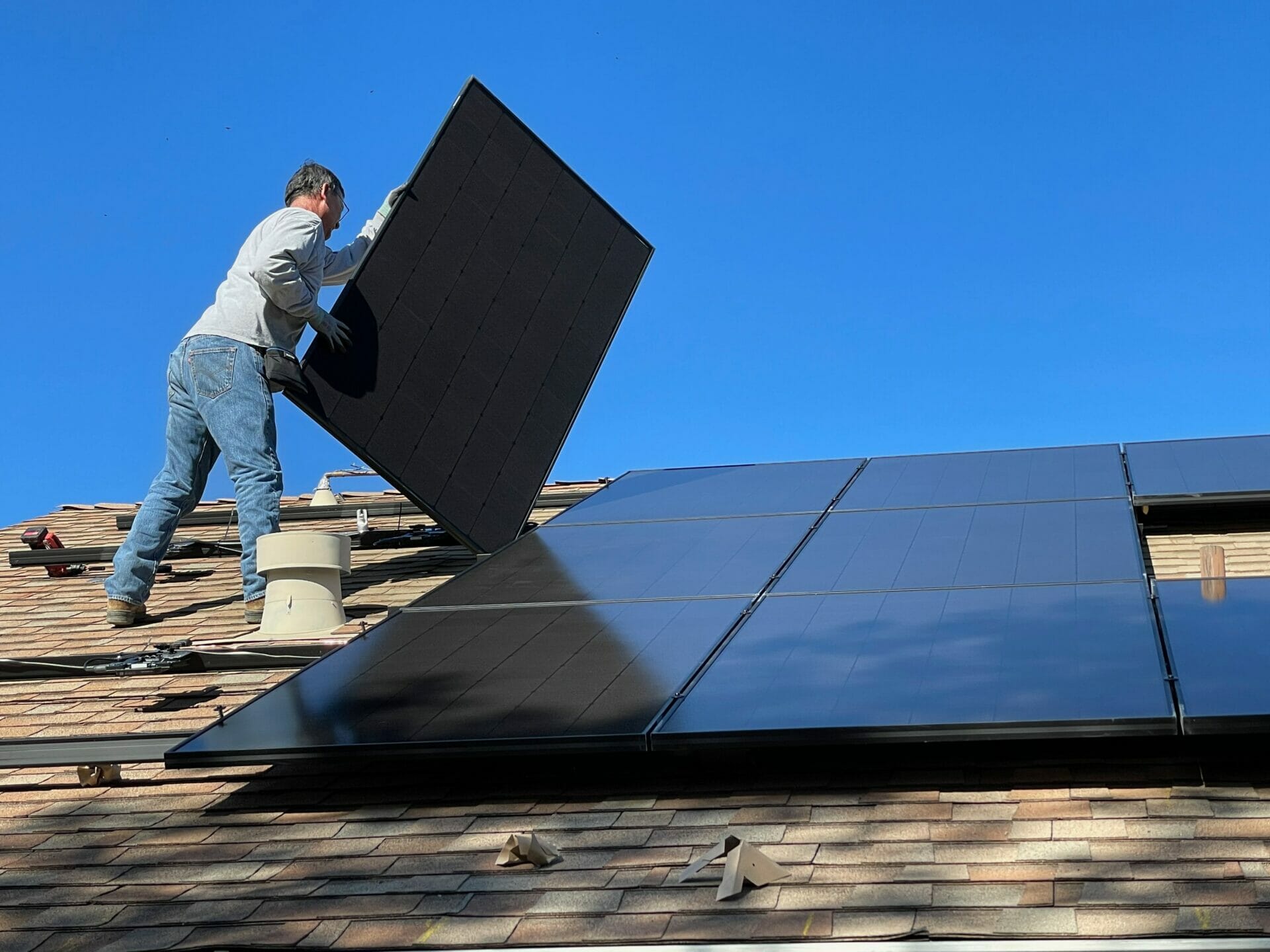Last Updated on January 11, 2023 by Mosabbir
You’ve decided to go solar. But now you’re faced with a new dilemma: How Many Solar Panels Do I Need Uk? The answer depends on several factors, including the size of your house, the amount of sunlight your property receives, and your energy usage.
With so many variables to consider, it can be difficult to determine how many solar panels so I need the UK. Fortunately, there are a few simple steps you can follow to help you calculate the right number of solar panels for your needs.
By taking into account your energy usage, the amount of sunlight your property receives, and the size of your home, you can determine how many solar panels you need to power your home efficiently.
How Many Solar Panels Do I Need To Power My Home?
The first step in determining the right number of solar panels for your home is to calculate your energy usage. Energy usage is measured in kilowatt-hours (kWh), and you can find your home’s kWh usage on your electricity bill.
Once you know your home’s energy usage, you can begin to determine how many solar panels you need to power your home.

Learn More: How to Choose The Right Solar Panel for Your Caravan
How Much Sunlight Does My Property Receive?
Another important factor in determining the right number of solar panels for your needs is the amount of sunlight that hits your property. This is measured in hours of peak sun per day.
The more sunlight your property receives, the fewer panels you’ll need to produce enough electricity to power your home. To find out how much sunlight your property receives, you can contact your local weather service or use an online resource like the National Renewable Energy Laboratory’s PVWatts calculator.
What Size Solar Panels Do I Need?
The last factor to consider when determining the right number of solar panels for your home is the size of the panels themselves. Solar panels are measured in watts, and the larger the wattage, the more electricity they can produce. When choosing solar panels, it’s important to select a size that will meet your energy needs while also fitting on your roof or in your yard.
After taking into account these three factors – energy usage, sunlight availability, and panel size – you should have a good idea of how many solar panels you need to power your home. If you’re still unsure, several online tools and resources can help you calculate the right number of solar panels for your needs.
A rough estimate will be that six panels will be sufficient for a one-bedroom house annual estimated use is 1,800 kWh. On the same estimate for three bedroom house five and a five-bedroom need then, we would require around fifteen panels.
What Is The Measure Of Energy Usage?
This means that if you have a solar panel with a capacity of 1 kWh, it will take that panel about an hour to produce enough electricity to power a 100-watt lightbulb for one hour.
So, if you want to know how many solar panels you need to power your home, you need to first calculate your energy usage. Now you understand how many solar panels I need in the UK?
What Are The Benefits Of Solar Panels?

Reduce Your Electricity Bill
Solar panels can help you save money on your electricity bill. When you install solar panels, you are essentially generating your electricity. This means that you will be relying less on your utility company, and as a result, your monthly electricity bills will be lower. In some cases, you may even be able to eliminate your electricity bill!
Reduce Your Carbon Footprint
Solar panels also help you reduce your carbon footprint. Carbon emissions from traditional forms of energy (such as coal and natural gas) are a major contributor to climate change. By generating your clean energy with solar panels, you can help reduce carbon emissions and do your part to protect the environment.
Secure Government Rebates
In many cases, you can secure government rebates when you install solar panels. These rebates can further offset the cost of installation and help you save even more money in the long run.
Better for the Environment
Solar panels are not only better for your wallet—but they’re also better for the environment. As we mentioned before, solar panels generate clean energy that doesn’t emit harmful carbon dioxide into the atmosphere. This is in contrast to traditional forms of energy like coal and natural gas, which release harmful pollutants into the air.
Add Value to Your Home
Solar panels can also add value to your home. If you ever decide to sell your home, potential buyers will see that you have solar panels and they will factor that into the price they are willing to pay for your home. In some cases, solar panels can increase the value of your home.
Get Paid for Your Excess Solar
Solar panels are a great way to reduce your carbon footprint and save money on your energy bills. But did you know that you can also get paid for the extra electricity your solar panels produce? Many utility companies offer net metering programs, which credit you for the excess electricity your solar panels generate.
This means that you can sell your surplus power back to the grid, offsetting the cost of your energy bill. In some cases, you may even be able to make a profit! Net metering is a great way to maximize the savings from your solar panels. If you’re thinking about going solar, be sure to ask your utility company about their net metering program.
Learn More: What Can a 300-Watt Solar Panel Run?
Conclusion
Solar panels are a great way to save money on your electricity bills and reduce your carbon footprint. There are several government rebates and incentive programs that can offset the cost of installation, making solar panels an even more attractive option.
If you’re thinking about going solar, be sure to do your research and calculate the potential savings. Solar panels are a great investment that will pay for themselves many times over in the years to come.
